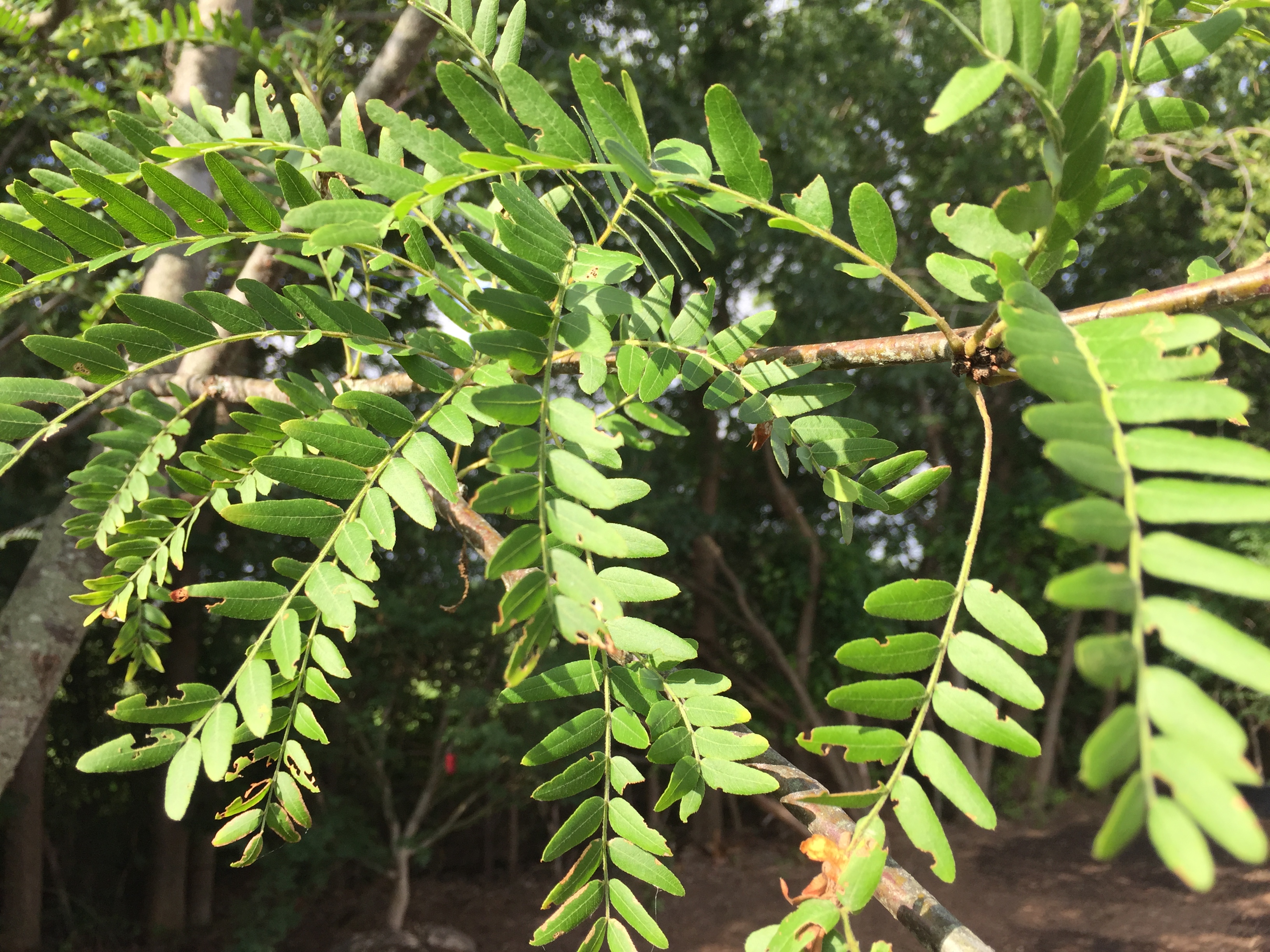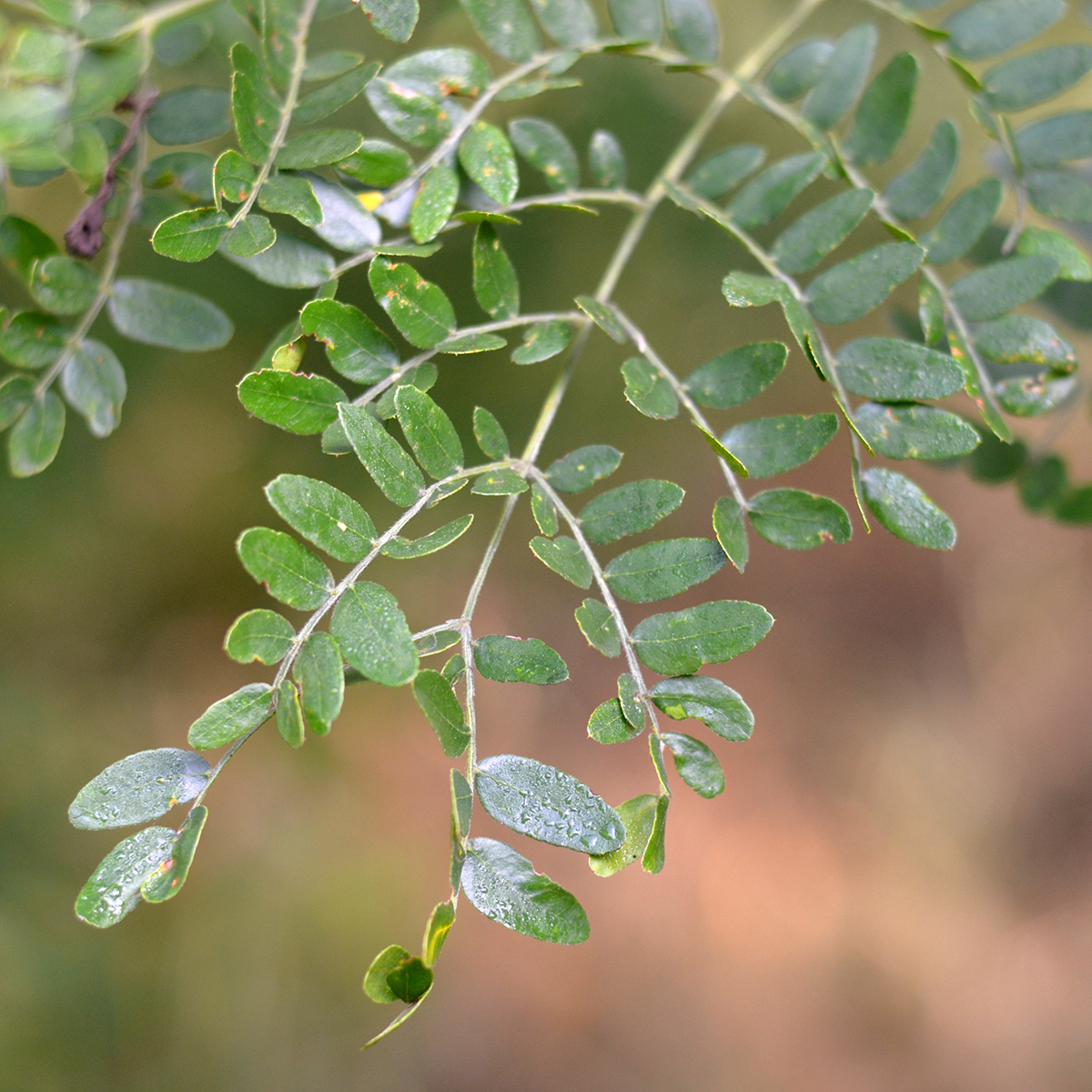There’s something incredibly fascinating about locust and wild honey. It’s not just a food from ancient times; it’s a symbol of simplicity, survival, and even spiritual connection. Imagine John the Baptist out in the wilderness, munching on these insects and savoring the sweetness of wild honey. It’s like nature’s own fast food, but way healthier and more sustainable than that greasy burger you’re probably craving right now. So, let’s dive into this topic and explore why locust and wild honey still matter in today’s world.
Now, you might be wondering, “Why should I care about eating bugs and honey?” Well, buckle up because this isn’t just about some random biblical diet. It’s about understanding the nutritional value, cultural significance, and even the environmental impact of choosing foods that are close to nature. Plus, who wouldn’t want to try something that’s been around for thousands of years and is still talked about today?
Before we get into the nitty-gritty details, let’s set the stage. Locusts and wild honey aren’t just about survival; they’re about embracing a lifestyle that’s simple yet powerful. In a world where processed foods dominate the shelves, revisiting this ancient combo might just be the wake-up call we need. Ready to learn more? Let’s go!
What Are Locusts and Wild Honey?
First things first, let’s break it down. Locusts are actually a type of grasshopper, but don’t let that gross you out just yet. These little critters have been a staple in many cultures for centuries. They’re packed with protein, essential amino acids, and even omega-3 fatty acids. Think of them as nature’s protein bars, but way cooler.
As for wild honey, it’s basically honey collected from bees that live in their natural habitats, far from human interference. This means no added sugars, no processing, and no funky chemicals. It’s pure, raw, and loaded with antioxidants, vitamins, and minerals. So, when you pair locusts with wild honey, you’ve got a power duo that’s both nutritious and delicious.
The Biblical Connection
Let’s talk about why locust and wild honey are so famous in the Bible. John the Baptist, one of the most iconic figures in Christian history, survived on this combo while living in the wilderness. It’s not just about the food itself; it’s about the message it carries. Eating simple, natural foods symbolizes humility, faith, and reliance on God’s provision. Pretty deep, right?
Why Should You Care About Locust and Wild Honey?
Okay, so you might be thinking, “This is cool and all, but how does it affect me?” Well, here’s the deal: locust and wild honey aren’t just historical artifacts. They’re relevant today because they offer a sustainable, nutritious, and ethical way to nourish your body.
For starters, locusts are an eco-friendly source of protein. Unlike cows or chickens, they require minimal resources to breed and harvest. Plus, they’re way less harmful to the environment. On the flip side, wild honey supports biodiversity by encouraging the conservation of natural bee habitats. So, by choosing these foods, you’re not just feeding yourself; you’re helping the planet too.
Health Benefits Galore
Let’s talk numbers. Locusts contain up to 60% protein, making them a top contender for anyone looking to boost their muscle mass or stay energized. They’re also rich in iron, zinc, and other essential minerals. And wild honey? It’s not just sweet; it’s medicinal. Studies have shown that raw honey can boost your immune system, reduce inflammation, and even help with digestion. Who needs processed sugar when you’ve got this?
How to Eat Locusts Like a Pro
Now, here’s the fun part: how do you actually eat locusts? First off, don’t panic. You don’t have to go out and catch them yourself (unless you really want to). These days, you can find dried or roasted locusts in specialty stores or online. Some people like to sprinkle them on salads, blend them into protein shakes, or even roast them with spices for a crunchy snack. The possibilities are endless!
Tips for Beginners
If you’re new to the whole “eating bugs” thing, start small. Try a handful of roasted locusts as a snack, or mix them into your favorite trail mix. You’ll be surprised at how tasty they are. Plus, they’ve got a satisfying crunch that’s hard to resist. Just remember to source them from reputable places to ensure they’re safe and clean.
Wild Honey: The Sweet Truth
Let’s shift our focus to wild honey. Unlike the processed stuff you find in grocery stores, wild honey retains all its natural goodness. It’s thick, rich, and has a depth of flavor that’s hard to describe. You can drizzle it over yogurt, use it as a natural sweetener in tea, or even spread it on toast. It’s versatile, nutritious, and downright delicious.
How to Choose the Best Wild Honey
When buying wild honey, look for keywords like “raw,” “unpasteurized,” and “wildcrafted.” These indicate that the honey hasn’t been tampered with and comes straight from the source. Also, consider the source. Honey from different regions can have unique flavors and properties, so experiment to find your favorite!
The Environmental Impact
Let’s talk about the bigger picture. Eating locusts and wild honey isn’t just good for you; it’s good for the planet too. Locust farming requires significantly fewer resources than traditional livestock farming, making it a more sustainable option. And by supporting wild honey production, you’re helping to protect bee populations, which are crucial for pollination and ecosystem health.
How You Can Help
There are plenty of ways to get involved. Start by supporting local beekeepers and locust farmers. You can also reduce your carbon footprint by choosing plant-based or insect-based proteins over meat. Every little bit helps, and together, we can make a difference!
Locust and Wild Honey in Modern Cuisine
Believe it or not, locusts and wild honey are making a comeback in modern cuisine. Chefs around the world are experimenting with these ancient ingredients, creating dishes that are both innovative and delicious. From locust tacos to honey-infused desserts, there’s no shortage of creative ways to enjoy them.
Famous Dishes to Try
- Locust and honey salad
- Honey-glazed locust skewers
- Wild honey drizzled over roasted vegetables
- Locust flour-based bread
Challenges and Controversies
Of course, no topic is without its challenges. Some people are hesitant to try locusts due to cultural or dietary restrictions. Others worry about the ethical implications of eating insects. And let’s not forget the stigma associated with eating bugs in certain parts of the world. But as more people become aware of the benefits, these barriers are slowly breaking down.
Addressing Common Concerns
Here are a few answers to common questions:
- Are locusts safe to eat? Yes, as long as they’re sourced properly.
- Is wild honey better than regular honey? Absolutely! It’s unprocessed and retains all its natural goodness.
- Can I eat locusts if I’m vegetarian? That depends on your personal beliefs, but many vegetarians do include insects in their diets.
Conclusion: Embrace the Power of Locust and Wild Honey
In conclusion, locust and wild honey are more than just historical foods. They’re symbols of sustainability, nutrition, and connection to nature. By incorporating them into your diet, you’re not only nourishing your body but also contributing to a healthier planet.
So, what are you waiting for? Give locusts and wild honey a try and see how they can transform your eating habits. And don’t forget to share this article with your friends and family. Together, we can spread the word about this incredible duo!
Table of Contents
- Locust and Wild Honey: A Biblical Delicacy That’s Still Relevant Today
- What Are Locusts and Wild Honey?
- The Biblical Connection
- Why Should You Care About Locust and Wild Honey?
- Health Benefits Galore
- How to Eat Locusts Like a Pro
- Wild Honey: The Sweet Truth
- The Environmental Impact
- Locust and Wild Honey in Modern Cuisine
- Challenges and Controversies



Detail Author:
- Name : Willy Smitham
- Username : aliza.morissette
- Email : crist.lucious@gorczany.com
- Birthdate : 2004-11-19
- Address : 7100 Josefina Lodge Lukasstad, OR 83808-1962
- Phone : 678.680.0601
- Company : Hirthe, Gerlach and Moen
- Job : Historian
- Bio : Quae praesentium et eius cum voluptatum libero. Nemo placeat qui voluptatem beatae itaque optio reiciendis. Omnis et rem ea.
Socials
twitter:
- url : https://twitter.com/oleffler
- username : oleffler
- bio : Ut voluptatem dolorem iusto. Culpa nihil corrupti dolores maiores et assumenda possimus. Veniam perferendis sint et vel ab molestiae.
- followers : 1554
- following : 2847
tiktok:
- url : https://tiktok.com/@oleffler
- username : oleffler
- bio : Non sapiente nesciunt quasi. Maxime est rerum ipsum mollitia qui.
- followers : 6905
- following : 1504